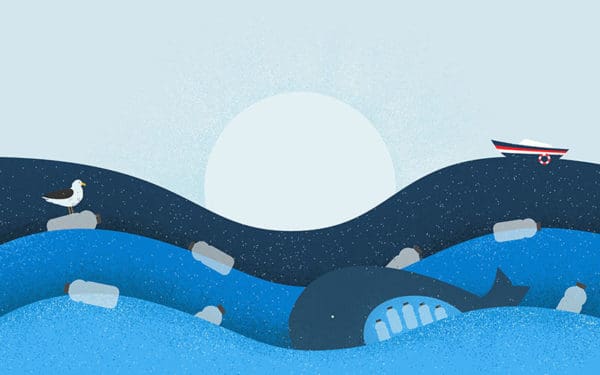Cleaning Up Great Bay Can Help Us Tackle Trash Pollution
CLF’s Great Bay–Piscataqua Waterkeeper brings together partners and dozens of volunteers on annual cleanup to remove polluting debris from the estuary’s shoreline.

CLF’s Great Bay–Piscataqua Waterkeeper brings together partners and dozens of volunteers on annual cleanup to remove polluting debris from the estuary’s shoreline.

Big Beverage companies drive the global plastic pollution crisis, thanks to the single-use bottles in which they sell their beverages. They also do everything they can to maintain the status quo by sabotaging efforts to reform our recycling systems. That’s why we’re exposing Big Beverage’s playbook – because we can no longer afford to let them avoid responsibility while we drown in plastic pollution.
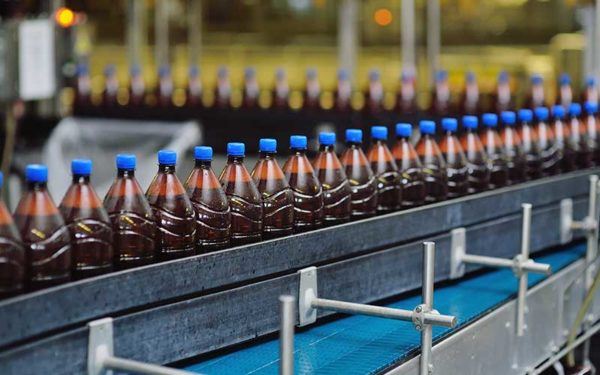
Manufacturers should not be allowed to reap profits while their toxic products and packaging harm our health and environment. Producer responsibility laws have the potential to drastically cut our waste generation and disposal, as well as their harms. And all while holding producers accountable.
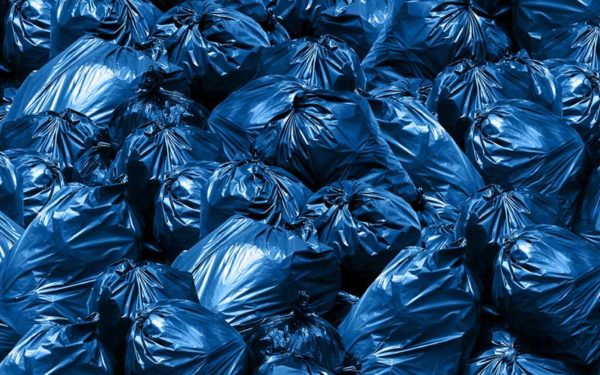
Today’s throw-away culture exists because plastic producers and manufacturers choose to make single-use products and packaging that cannot be recycled. But we can change that by passing legislation that will hold producers accountable for the waste they create.
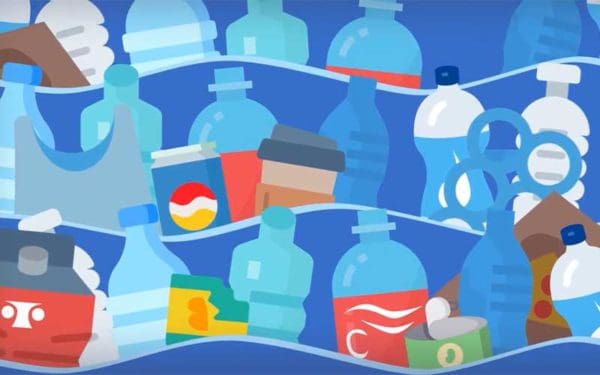
“Maine’s current recycling system is broken,” said Peter Blair, Zero Waste Attorney at CLF Maine. “Cities and towns are paying exorbitant disposal rates for polluting products that are deliberately manufactured to be unrecyclable. It’s time plastic producers pay for polluting our air, land, and water with their products, and this law will finally hold them accountable.”
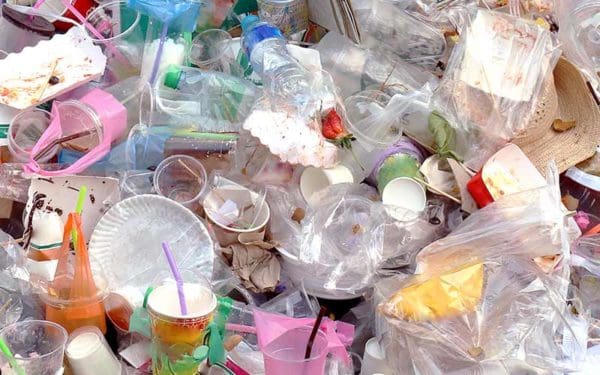
Recycling is confusing, but it doesn’t have to be. By holding Big Corporations responsible for the flood of single-use packaging they create, we can incentivize them to redesign their products and containers to be truly recyclable, or better yet, reusable.
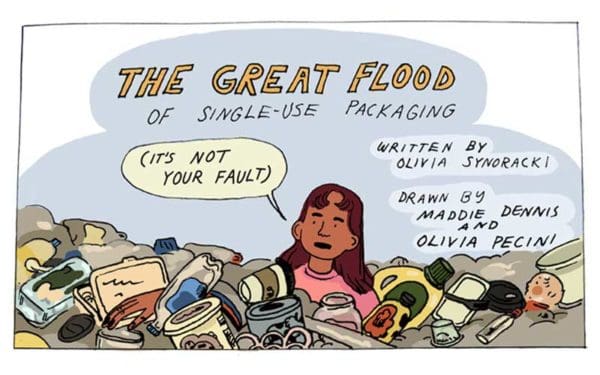
“Plastic producers have been given a free pass to pollute our communities for far too long at taxpayer expense,” said John Hite, Zero Waste Policy Analyst at CLF. “Single-use packaging has upended recycling and filled our oceans, communities, and landfills with plastic pollution. LD2104 will require packaging companies to deal with the mess they’ve made and create products that don’t wreak havoc on our recycling systems and environment.”

Maine legislators are working to shift soaring recycling costs back where they belong: onto the producers of unmanageable plastic packaging.
